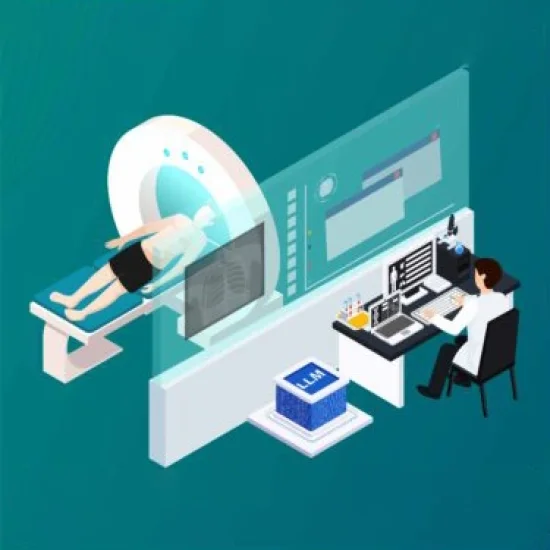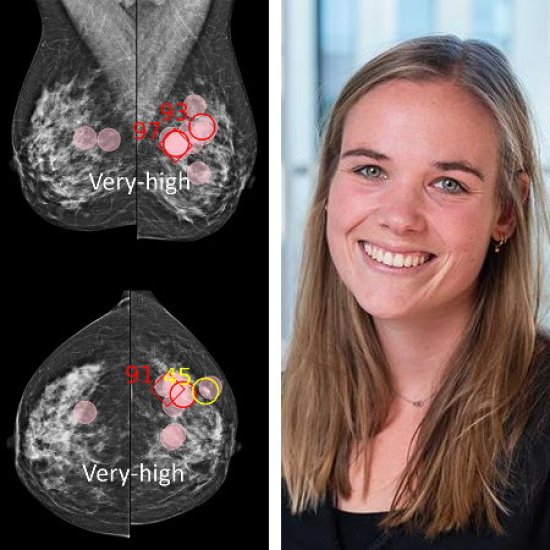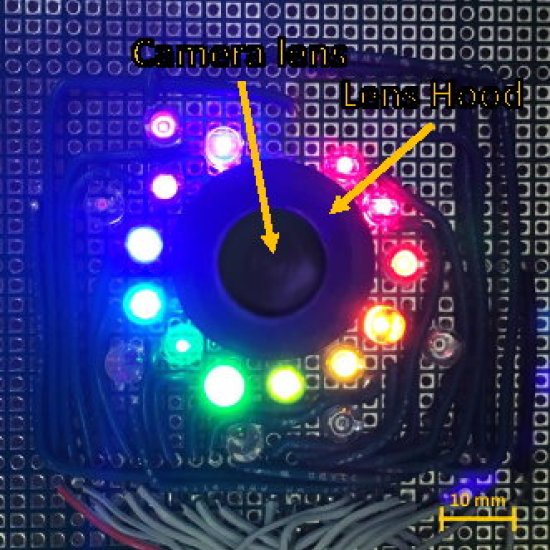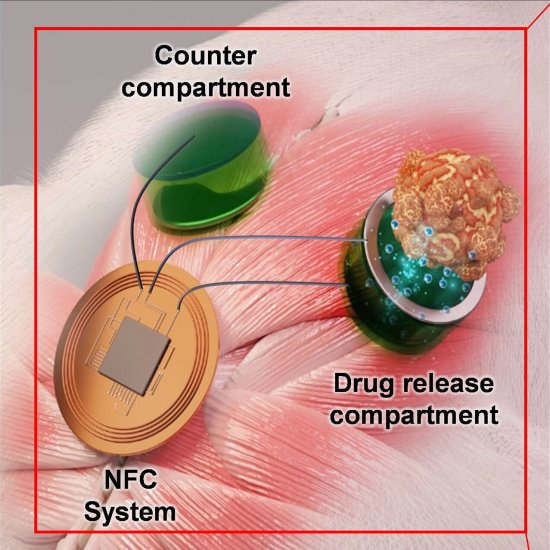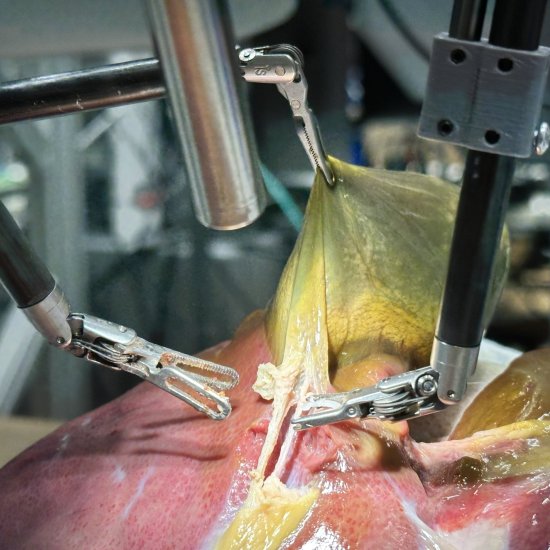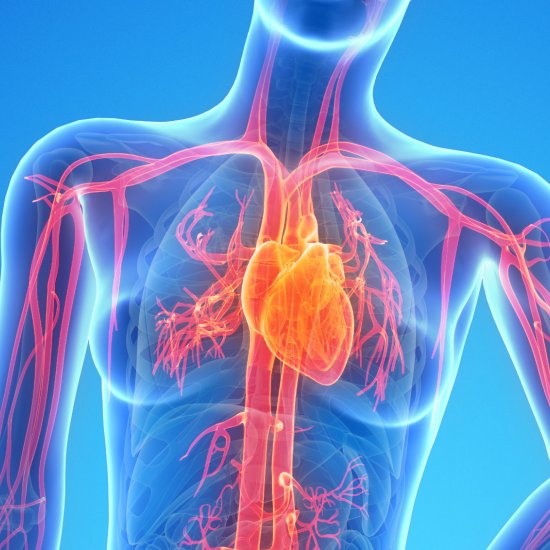
|
|
Reports of cyberattacks against medical institutions emphasize the need for prioritizing cybersecurity in digitally driven healthcare. At the HETT North conference, specialists explored how measures such as MFA, robust password management, and comprehensive staff education can deter cybercriminals. This newsletter also reports on Medical Taiwan 2025's showcase of AI transitioning from research to clinical practice, features the latest developments in eliminating LLM hallucinations from radiology AI, and more. Enjoy reading!
|
|
 |
Article • Digital resilience
Building resilience for digitally driven healthcare: At the HETT (Healthcare Excellence Through Technology) North conference in Manchester, leading IT specialists highlighted the need for high levels of education, awareness and vigilance among ... |
Article • Realising the potential of Smart Hospitals
From identifying under-utilized rooms to tracking spare mobile equipment like wheelchairs, spatial awareness technology is evolving to improve day-to-day operations on healthcare sites. The technology, which is already being deployed in airports, ... |
|
Article • Medical Taiwan 2025
Medical Taiwan has long been a showcase for cutting-edge healthcare solutions, but this year marked a pivotal moment. Visitors of the latest edition of the medical, health and care expo in Taipei witnessed a particularly noticeable step forward: the ... |
|
News • Retrieval-augmented generation in contrast media consultations
A new study shows that retrieval-augmented generation (RAG) can eliminate hallucinations in clinical large language models (LLMs) while protecting patient privacy during contrast media consultations. |
|
News • "An additional set of eyes"
By directing radiologists' attention to potentially suspicious areas, AI can help spot more lesions indicative of breast cancer in mammograms. This is suggested by a new study. |
|
News • Beyond visible light
Beyond the visible spectrum: A new LED-based hyperspectral imaging system shows promise for gastrointestinal cancer detection during endoscopy. |
|
News • Targeted drug delivery
Korean researchers have developed a wireless implantable drug delivery system that enable chemotherapy drugs to penetrate deep into solid tumors—without harming surrounding healthy tissue. |
|
News • Autonomous system trained on surgical videos
A potentially transformative advancement in surgical robotics: A robot trained on videos of surgeries successfully performed a lengthy phase of a gallbladder removal without human help. |
|
News • Assessment of tumour-infiltrating lymphocytes
More consistent TIL assessments, more accurate patients' prognoses: New research shows how AI sharpens pathologists' interpretation of tissue samples for malignant melanoma. |
|
News • Tracking current and emerging threats
When someone is infected with a virus, traces of it are shed in their bodily waste and end up in the sewage system. Thus, combined wastewater and individual testing can benefit public health response. |
|
News • Neurodegenerative disease
The earlier Alzheimer's disease is detected, the more effective treatments become. Now, a Finnish study shows that signs related to Alzheimer’s may already be found in the brain in middle age. |
|
News • Commentary on obesity treatments
Saving money, at a cost: To undergo bariatric and weight reduction surgery, more and more patients turn to institutions outside their home country – potentially putting their health at risk. |
|
News • Research on PMS, PMDD and CVD
Women suffering from premenstrual syndrome (PMS) or the more severe form, premenstrual dysphoric disorder (PMDD), have a higher risk of developing cardiovascular disease, a new study shows. |
|
News • Sex differences of coronary microvascular dysfunction
Women with type 2 diabetes are nearly twice as likely as men to have hidden heart damage, according to a major new study. This could lead to sex-specific risk assessment and treatments. |
|
News • Emergency hospitalisation driver
Too many medicines, too many hospital visits: Inappropriate polypharmacy is a major driver of emergency hospital admissions among adults aged 65 and over, according to a new study. |
|
Event
|
|
|
|
|
| |
You are receiving this email because you subscribed to our newsletter on healthcare-in-europe If you don’t want to receive this newsletter anymore, click here to unsubscribe.
Keep up-to-date on the latest news from all hospital-related fields!
Subscribe to our bi-monthly newsletter. Copyright © 2026 mgo fachverlage GmbH & Co. KG.
All rights reserved. E.-C.-Baumann-Straße 5, 95326 Kulmbach, Germany
email: newsletter@european-hospital.com |
|



|
|



